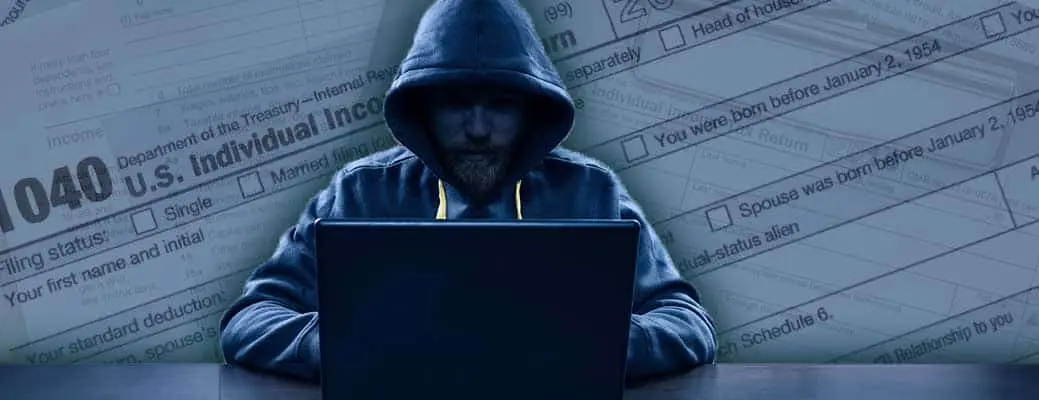7 Ways to Avoid Tax Identity Theft


You're careful when it comes to your identity. Bank and credit card statements are always shredded, you cover your hand when entering a pin number and you never give personal information over the phone. But do you take extra precautions to protect your identity when you file your taxes?
Tax returns and identity theft may not seem like they go hand in hand, but tax fraud is among the top five forms of identity theft, according to the Insurance Information Institute. If tax identity theft isn’t on your radar, it should be. These tips from Farm Bureau’s identity protection provider CyberScout® can help you stay protected from tax return identity theft.
Filing early is the first line of defense to prevent someone from filing taxes in your name. The IRS will always flag a second return as suspicious, so filing early increases the likelihood the fake return will be flagged. Stay ahead of the game by gathering and preparing your documents while you wait for your W-2 or client paperwork.
Opt for direct deposit of tax refunds to avoid lost or stolen refund checks.
Many fraud rings front as tax preparation companies that may steal personal information or redirect your return. Get a recommendation from a friend and scour online reviews.
Store sensitive tax information on a password-protected or encrypted external drive or disk and keep it in a secure location. Shred these financial documents once you are done filing your taxes.
The IRS never communicates via unsolicited email or phone call. If they need to reach you, they will send you a letter in the mail. Any suspicious emails or calls are likely from identity thieves operating IRS tax scams. Forward any suspicious emails to phishing@irs.gov.
Store your Social Security card in a safe place at home, such as a safe or lockbox. Do not carry it around with you. Also, only provide your Social Security number to others when it is absolutely required.
Tax identity thieves can try to steal your personal information online. To safeguard your personal information online, create strong passwords for each of your accounts rather than reusing the same passwords across websites, and change your passwords frequently. Do not enable your devices to save your passwords, as automatic log-ins leave you more vulnerable to attacks by prospective identity thieves. Additionally, protect your computer from spam, viruses and malware attacks by investing in antivirus software and a firewall as well as avoiding unsecured sites.
A notice alerting you a return was already filed indicates a third party filed in your name. Likewise, an alert indicating unreported wages indicates a third party is using your name and Social Security number. Either alert is a sign you could be the victim of tax return identity theft.
If a tax return was filed fraudulently on your behalf, you should:
Stay ahead of tax identity theft and other forms of identity theft with identity protection services from Farm Bureau.